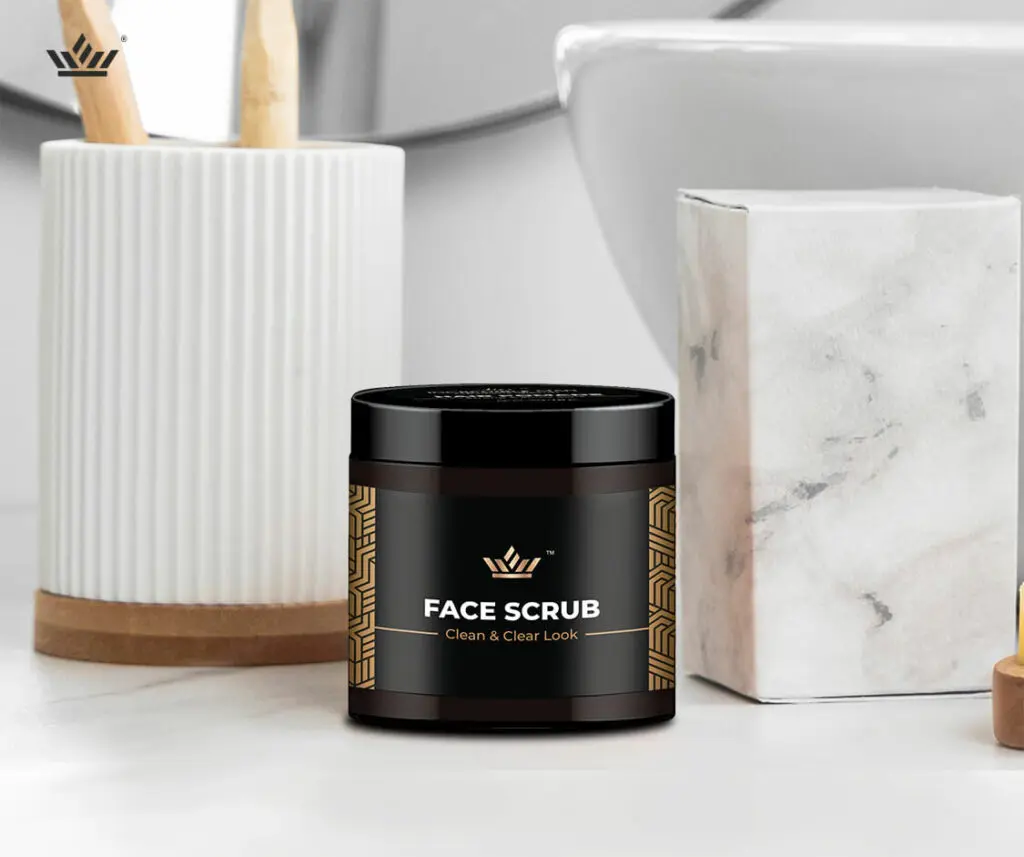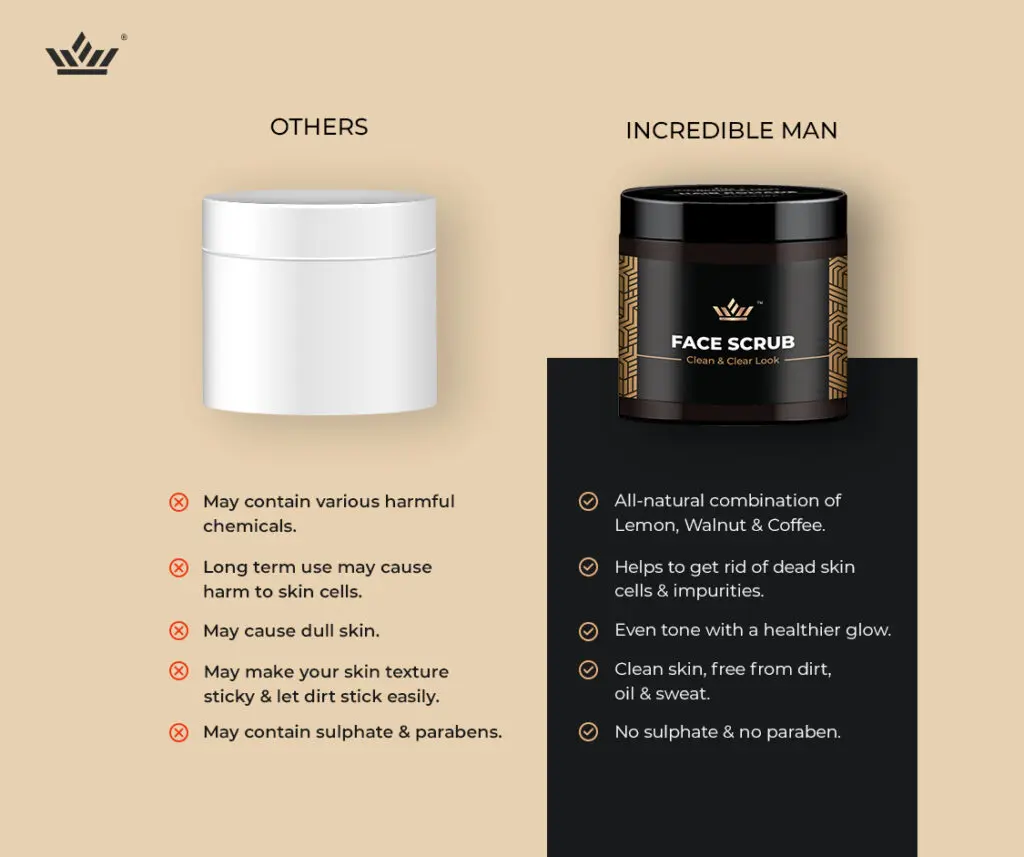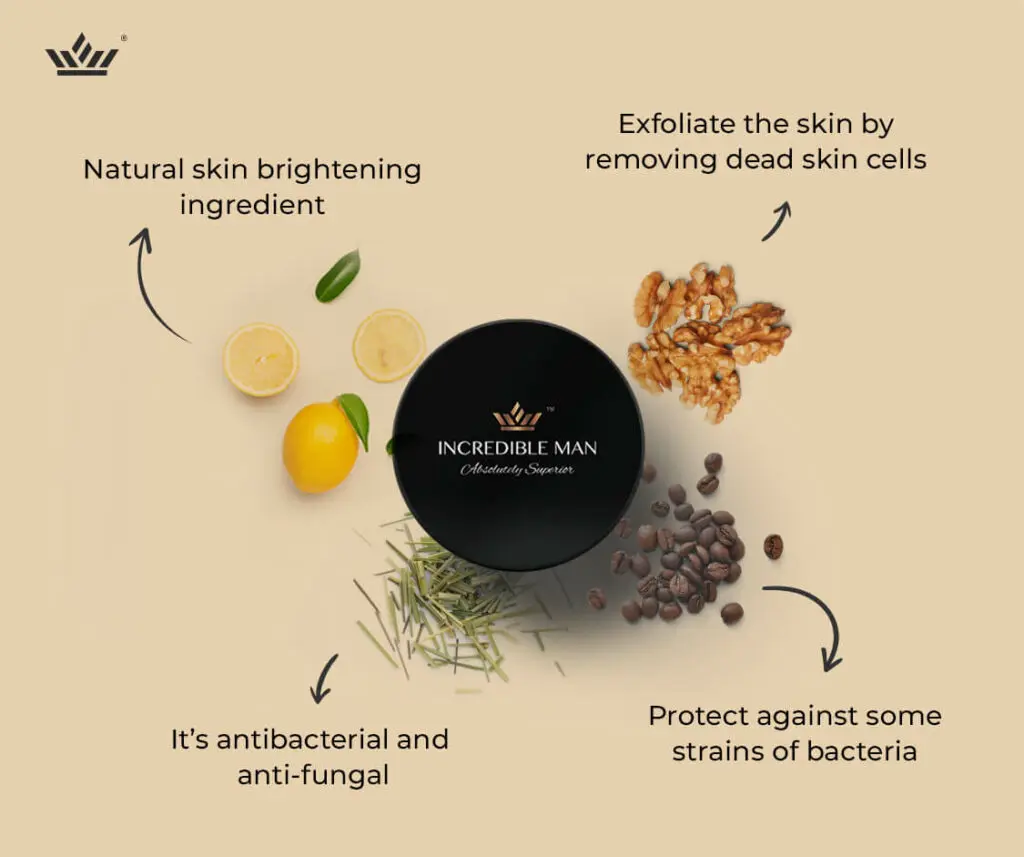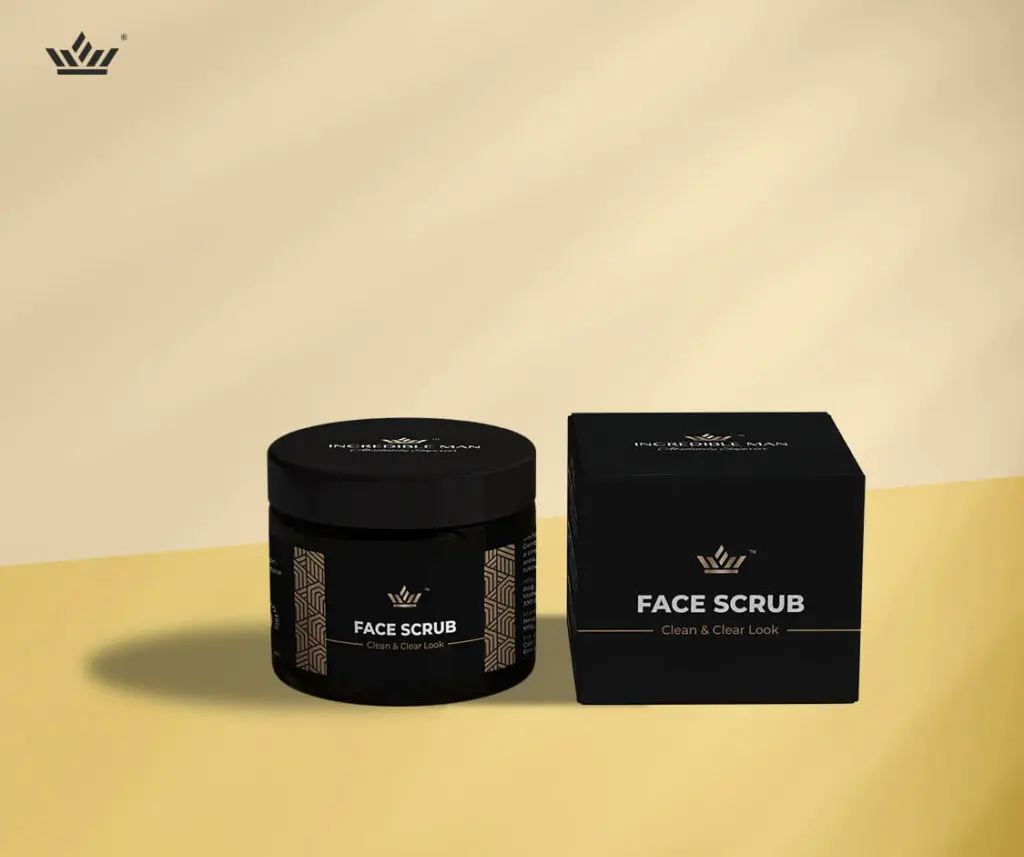The seasonal weather in the northern hemisphere has a tremendous impact on our skin and as it goes from hot to cold, your skin will alter dramatically. In order to avoid skin infections, you should pay greater attention to your skincare in the winter.
Winter skin issues have an impact on key physiological processes. The cold weather weakens your immune system, which leads you to have more skin issues. This is due to the fact that your immune system has to work harder to combat germs and viruses that are more prevalent at this time of year.
It is critical that you pay close attention to your skin problems during the winter, especially on chilly days when you are more susceptible to developing skin problems. Even leaving your skin uncovered might cause significant harm. It’s not too late to make sure you’re ready for winter skin problems. This post will discuss typical winter skin concerns as well as preventive measures to keep your skin looking youthful and radiant.
Solutions for Common Winter Skin Issues
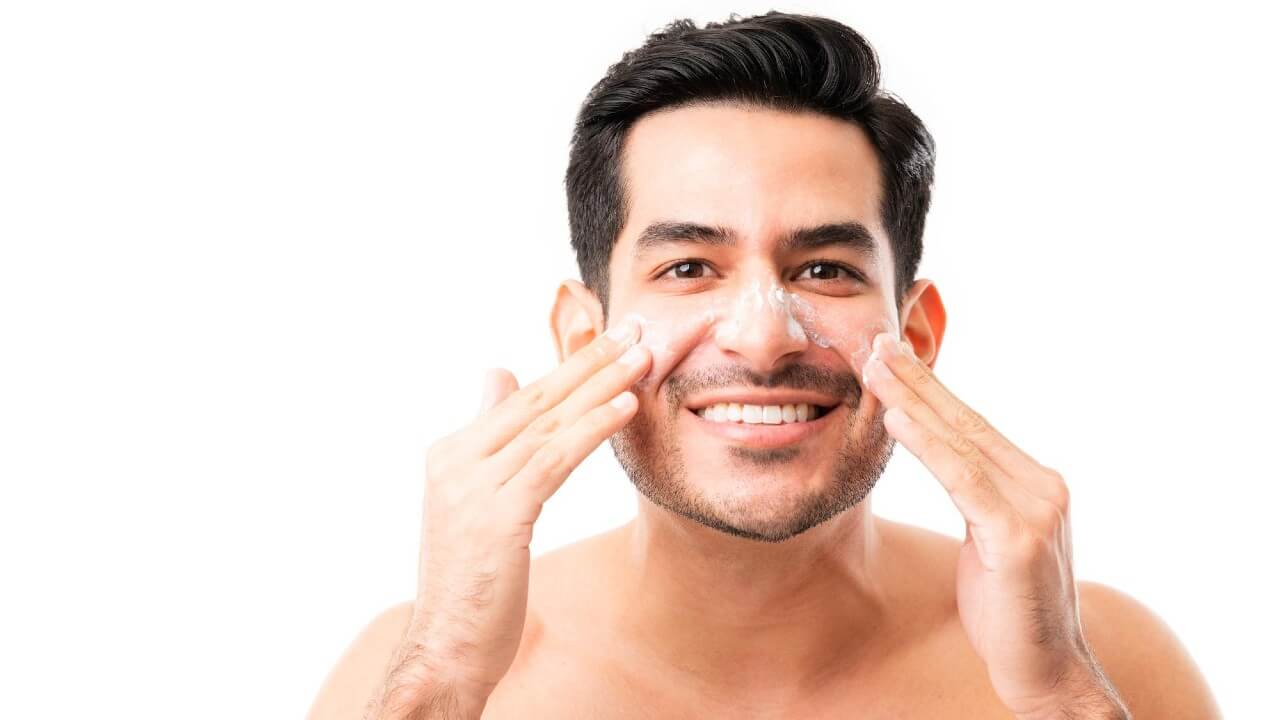
Even if you have good skin the rest of the year, skin issues during the winter months are conceivable.
- Dryness – The cold, dry Minnesota air may dehydrate skin, leaving it red, itchy, and irritated. When the air is continuously chilly and devoid of humidity, the water in our skin evaporates fast, leaving you with that dry, tight, leather-handbag sensation. Unfortunately, doubling up on moisturizer is insufficient.
Staying hydrated is our solution. It may seem obvious, but hydrating from within is the most effective approach to preventing dry skin. Feed your body nutritious meals and beverages, especially our greatest buddy, H2O. A diet high in omega-3 fatty acids, such as fish and flaxseed oil, can replace your body’s moisture and keep your skin smooth and supple. Of course, a healthy skincare regimen should include washing, exfoliation at least twice a week, and an ultra-rich, winter-friendly moisturizer
Use a mild coffee face scrub that will eliminate your dead skin cells. As above stated once the dead skin cells are eliminated, new cells are developed, and that results in brighter skin.
- Skin Flaking – Excessive dryness can frequently result in flaky or broken skin. Ouch! Again, moisturizers are beneficial, but they will not solve the problem.
Exfoliate is our answer. Using a high-quality exfoliant can help remove the damaged top layer of skin and promote new skin cell development. Avoid using soaps since they have a high PH, which can cause greater dryness and, in certain cases, irritation. Also, avoid touching your skin with a towel if possible, since this might aggravate the condition. Blot your skin gently to dry it. A deep cleansing orange face wash gel that will work for both; it will cleanse plus illuminate your skin
- Irritation and Redness – As with severe heat in the summer, harsh winter conditions can trigger skin changes that result in irritation and redness. If you’re not cautious, they can persist all winter. Ugh!
Our advice: Stick to your skincare routine. As we spend more time indoors during the colder months, it’s easy to grow complacent or even careless about skin care. Don’t be like that. Maintain your everyday routine. To eliminate irritants, use a moderate cleanser, followed by your favorite serum and a thick moisturizer. If you’re not sure which routine is best for you, consult with your Belladerm MedSpa skin care specialist.
- Lips Chapped – Lips require the same amount of moisture as the rest of the body. During the winter months, we regularly lick our lips. Although it may appear to be a temporary remedy, saliva evaporates and dries up the lips. Wearing thick matte or long-lasting lipstick can also cause your lips to become dry or cracked.
Our advice: Don’t sulk. Apply a vitamin A or E-rich lip ointment or lip butter throughout the day and at night. Lip treatments can also be used beneath lipstick. To offset the dry air, we recommend switching to a hydrating lip gloss. Avoid plumping lip glosses since they contain irritants that might dry out your lips even more.
- UV Damage – Yes, you read that correctly. Even at -20°, the sun’s rays can cause skin harm. According to the Skin Cancer Foundation, snow may reflect up to 80% of the sun’s rays, therefore using sunscreen daily is critical to lowering your risk of exposure.
Our solution: You already know what we’re going to say: sunscreen! Whether skiing in Afton or snowshoeing in Theodore Wirth, sunscreen is essential for protecting your skin in the winter, even when it’s foggy. And, speaking of those dark, dreary days when all you want to do is binge-watch Netflix, UV rays may still pierce the clouds. To all exposed areas of the body, apply a broad-spectrum sunscreen with an SPF of at least 15. Don’t forget about your lips!
Winter rash develops when the skin loses too much moisture as a result of being exposed to cold, dry air. Itching, irritation, and dry areas of skin may accompany the rash. Some winter rashes are limited to certain body parts, such as the hands and arms, but others can extend across the whole.
Cold weather brings low humidity and dry air, which can take moisture from your skin, leading it to become dry, cracked, and irritated, creating discomfort.
Because of the absence of moisture in the air, cold weather produces or worsens dry skin. Cold air is dry air, and the dryness may suck moisture from your skin’s top layers. Winter itch can also occur in the hot months if you spend a lot of time indoors.



